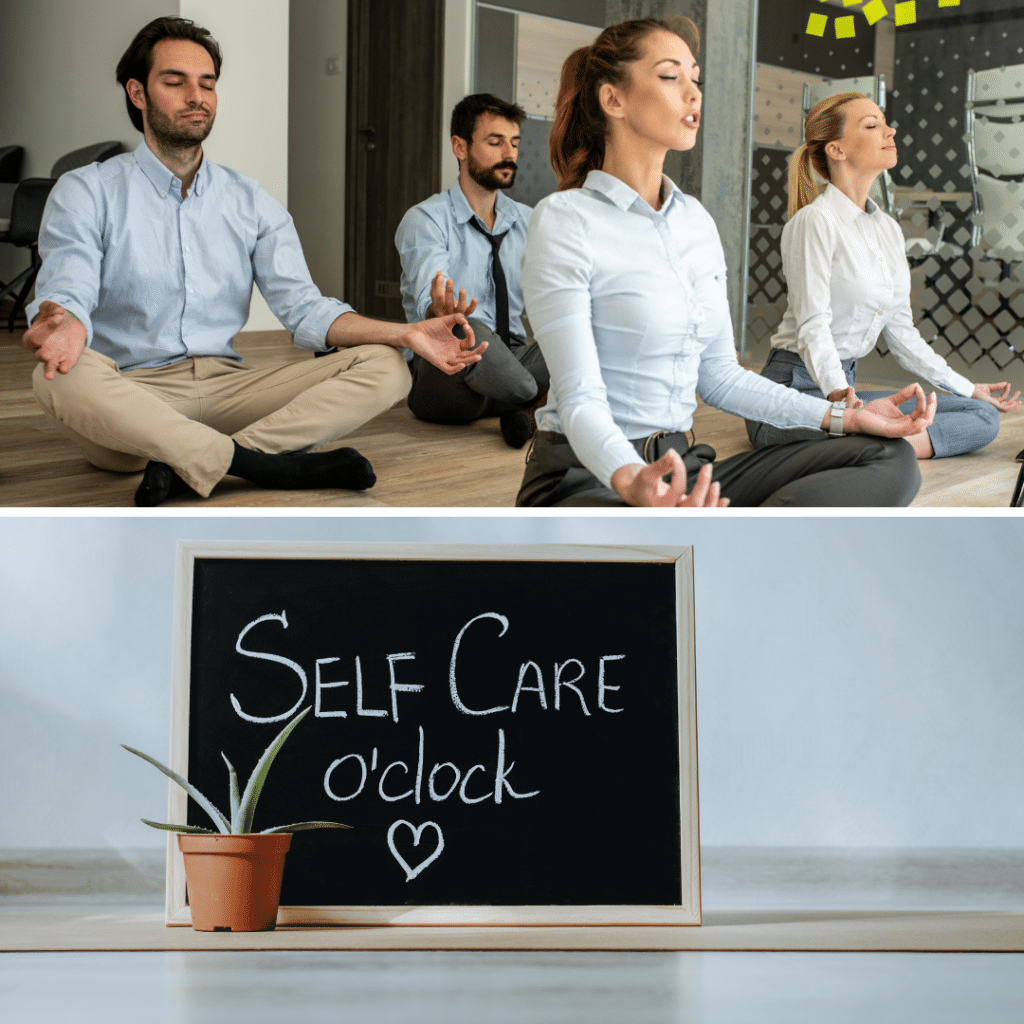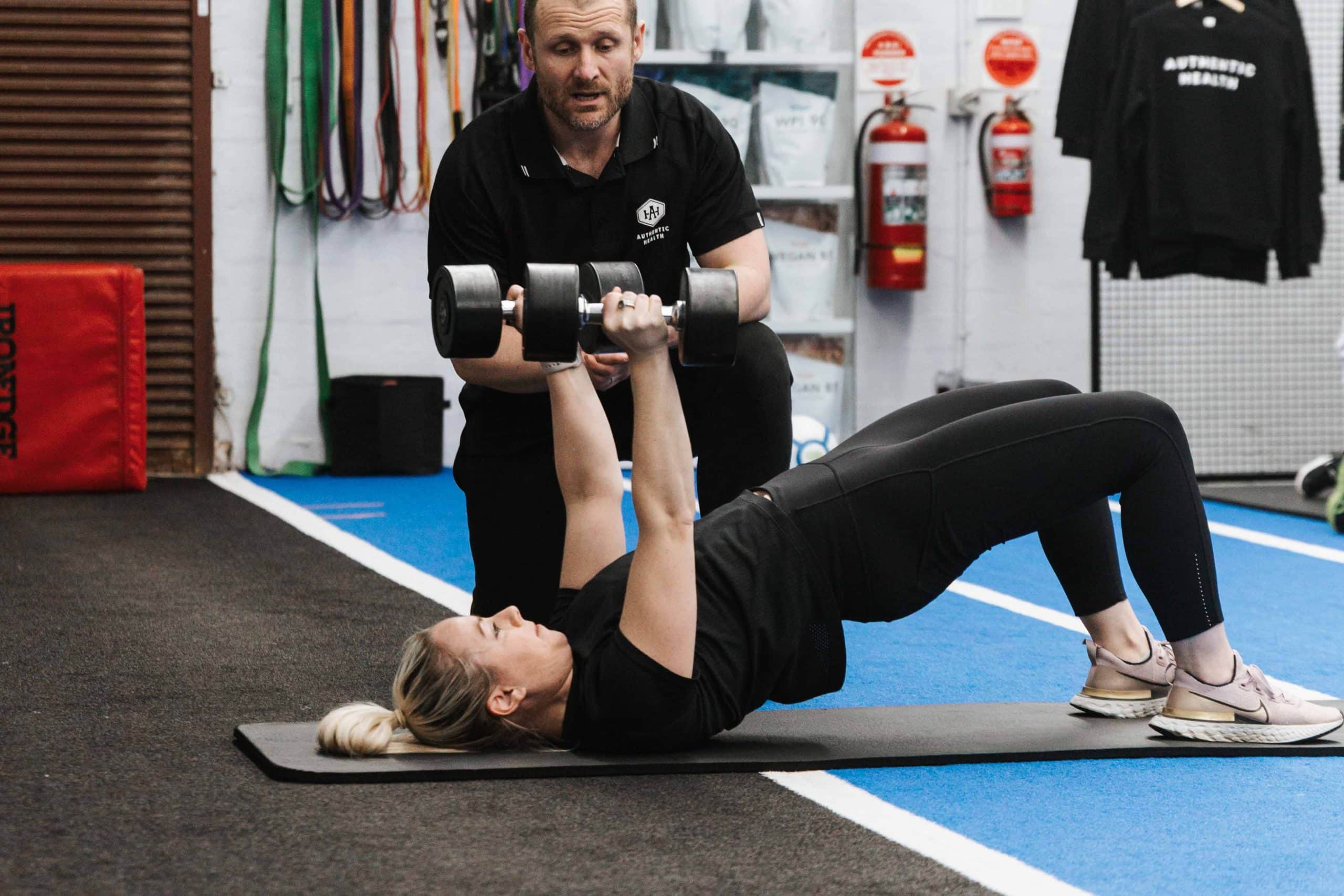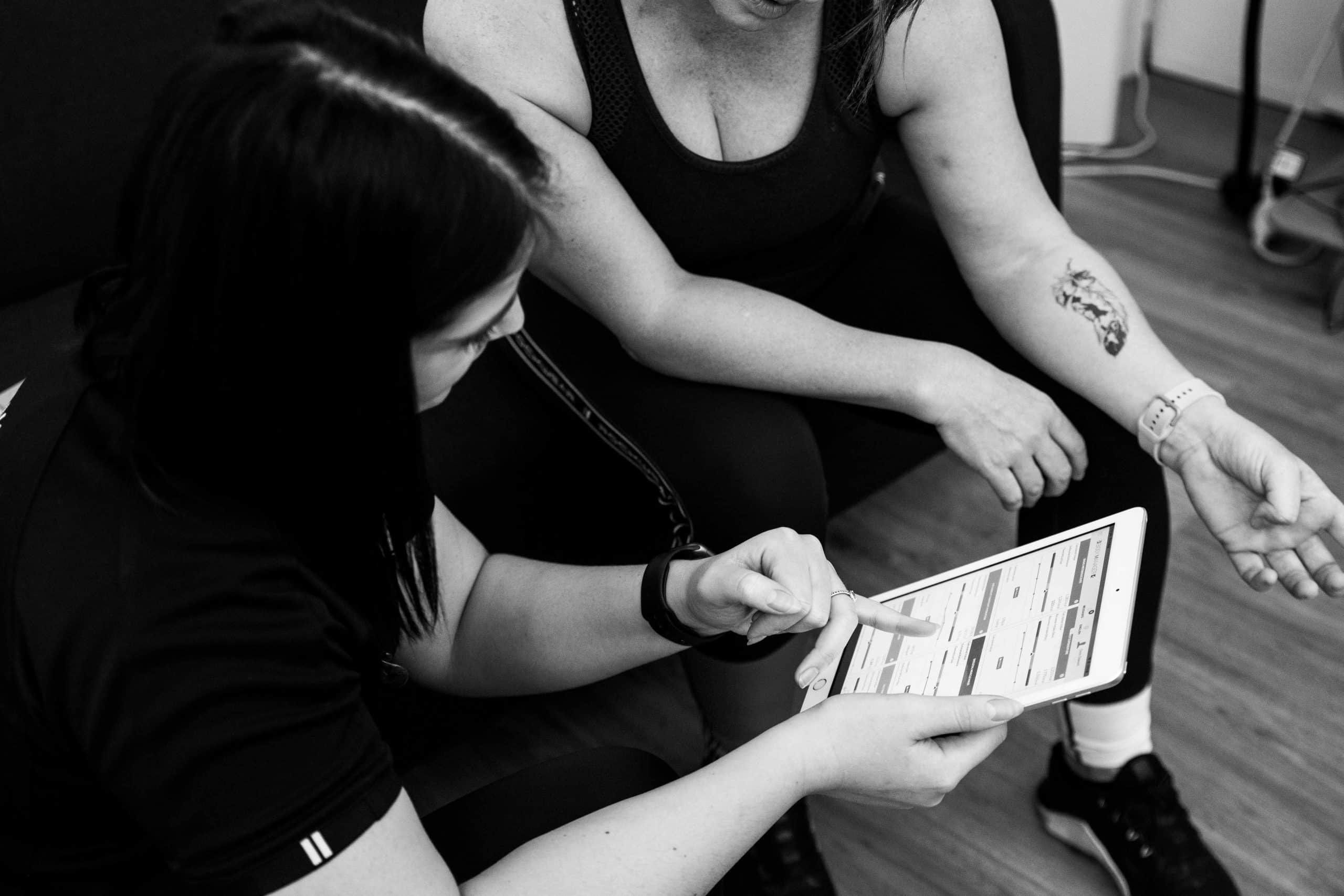Assessing Your Current Routine
Before you look forward always take the time to look back and assess your current routine as you only want to make necessary changes, let’s be honest nobody likes having their life turned upside down if its not needed. Take a close look at how you currently spend your time. This assessment will help you identify opportunities to carve out moments for self-care, even on the busiest days.
Step 1: Track Your Time
Start by keeping a log of your daily activities for one week. Write down everything you do, from the moment you wake up until you go to bed. Include work tasks, household chores, time spent with family, social activities, and even the time you spend scrolling deep into Instagram, watching talking cats that give life advice? Don’t worry, we’ve all been there. This exercise will give you a clear picture of where your time is going.
Step 2: Identify Patterns and Priorities
Once you’ve tracked where you spend your time its time to identify patterns. Are there activities that take up more time than you realised? Are there pockets of time that could be better utilised? less time on the gram when you could be sleeping? Sprung.. Look for areas where you can make adjustments. For example, if you spend 30 minutes each morning checking social media, consider using that time for a quick workout or meditation instead.
Next, evaluate your priorities. Are the things you’re spending the most time on aligned with your values and identity? If not, consider how you can shift your focus. Remember, self-care doesn’t require hours of your day; even small 5-10 minute changes can make a big difference.
Step 3: Make Space for Self-Care
Now that you’ve identified where your time is going and what your priorities are, it’s time to make space for self-care. Look for windows of opportunity throughout your day where you can fit in activities that nourish your body and mind. It might be as simple as waking up 15 minutes earlier to enjoy a quiet cup of tea before your kids wake up and bring the chaos, it could be taking that meeting online while enjoying a short walk, or instead of the Instagram at bedtime try dedicating a few minutes journaling.
The key is to start small and be realistic. You don’t need to overhaul your entire routine overnight. Instead, focus on making incremental changes that you can stick with.

The Power of Small Habits
If you are like 99% of people you are impatient wanting results like yesterday so it makes sense to be all in right? Reality is sustainable change rarely works that way and one of the most effective ways to incorporate self-care into your life is by developing small, consistent habits. These tiny actions, repeated daily, can lead to significant changes over time. Did I mention the importance of playing the long game?
Why Small Habits Matter
Small habits are powerful because they don’t turn our life upside down like a toddler at dinner time, they are easy to implement and don’t require a lot of time or effort. They’re also more sustainable than drastic changes, which often feel overwhelming and are harder to maintain. By starting with small habits, you create a foundation for lasting change.
For example, a 10-minute morning stretch before you start your day routine might seem insignificant at first, but over time, it can improve your flexibility, reduce stress, and set the tone for a positive day. Similarly, taking that business meeting while walking can boost your energy levels, improve your mood, and help you stay productive in the afternoon.
Examples of Small Habits
Here are a few small habits that can have a big impact on your well-being:
- Morning Stretch: Start your day with a 5-10 minute stretch to wake up your body and mind.
- Hydration: Make it a habit to drink a glass of water first thing in the morning and with every meal. Keep a water bottle on your desk throughout the day.
- Mindful Breathing: Every time you open a door take a moment to practice deep breathing. This can be especially helpful when walking into a meeting or during stressful moments.
- Gratitude Journal: Spend 2 minutes each evening to reflect on an experience you were grateful for today. This simple practice can shift your mindset and improve your mood.
- Short Walks: Incorporate short walks into your daily routine. Whether it’s a walk during a business meeting, getting off the train a stop early on your way to the office, or getting up from your desk instead of sending an email, regular movement is key to staying healthy.
Building on Small Habits
As these small habits become part of your routine, and help shape the healthy person you want to become. You’ll start to see the benefits, which can motivate you to build on them. Over time, you might find yourself naturally increasing the duration of your morning stretch, adding more vegetables to your meals, or extending your walks. The beauty of small habits is that they create momentum, making it easier to add more healthy practices to your life.
Creating a Balanced Schedule
Once you’ve identified the small habits you want to incorporate, it’s time to create a balanced schedule that supports your self-care routine without neglecting work or family responsibilities.
Time Management Tips
Prioritise Your Day: Start by identifying the most important tasks for each day. Use a diary or digital calendar to schedule your top priorities, including self-care activities. Treat self-care as a non-negotiable, just like any other important appointment.
Time Blocking: Use time blocking to allocate specific periods of your day to different activities. For example, you might block off 30 minutes in the morning for exercise, 1 hour in the evening for family time, and 15 minutes before bed for winding down. By assigning time blocks, you can ensure that you’re dedicating time to all the important areas of your life.
Batching Tasks: Group similar tasks together to save time and mental energy. For example, if you have several errands to run, try to do them all in one trip. If you’re meal prepping, prepare multiple meals at once. Batching tasks can free up more time for self-care and other activities of high value .
Delegate and Share Responsibilities: If you’re feeling overwhelmed by your to-do list, consider delegating tasks where possible. This might mean sharing household chores with family members (I know what you’re thinking), asking for help with work projects, or putting a price on your time and hiring assistance. Remember, you don’t have to do everything yourself.
Leave Room for Flexibility: While time blocking and prioritising tasks are essential for a balanced schedule, it’s equally important to leave some wiggle room. Aim to only block out 70-80% of your day, leaving the remaining 20-30% unscheduled. Why? Because we almost always underestimate how long tasks will take. By leaving periods of your day open, you give yourself space to handle unexpected interruptions or extended tasks without feeling stressed or overwhelmed.
This approach not only reduces the pressure of a fully packed schedule but also provides a mental break between tasks. Plus, those free blocks of time can be great for spontaneous moments of self-care or simply relaxing without guilt.
Setting Boundaries
Setting boundaries is crucial for maintaining a balanced schedule. This means learning to say no to commitments that don’t align with your priorities or that stretch you too thin. It also means setting boundaries and sticking to them. Maybe its time to limit extra work hours, screen time, or social obligations to ensure you have enough time for rest and self-care.
Communicate your boundaries clearly with others, and don’t be afraid to reinforce them when necessary. For example, if you’ve decided to set aside Saturdays for family, let your colleagues know this time with family is sacred.
Being Flexible
Life is unpredictable, and there will be days when things don’t go as planned. It’s important to remain flexible and adapt your schedule when necessary. If you miss a self-care activity one day, don’t beat yourself up— simply get back on track the next day. The goal is consistency, not perfection.



